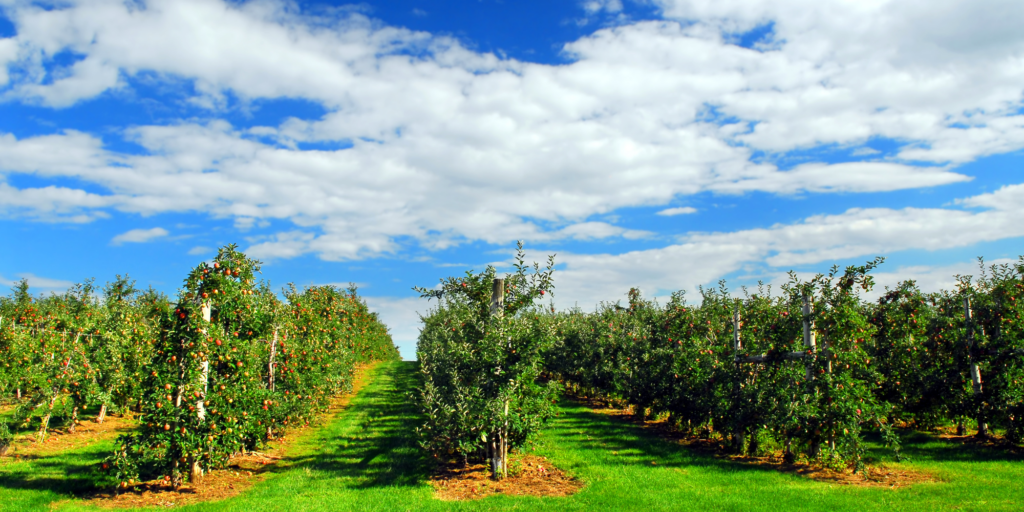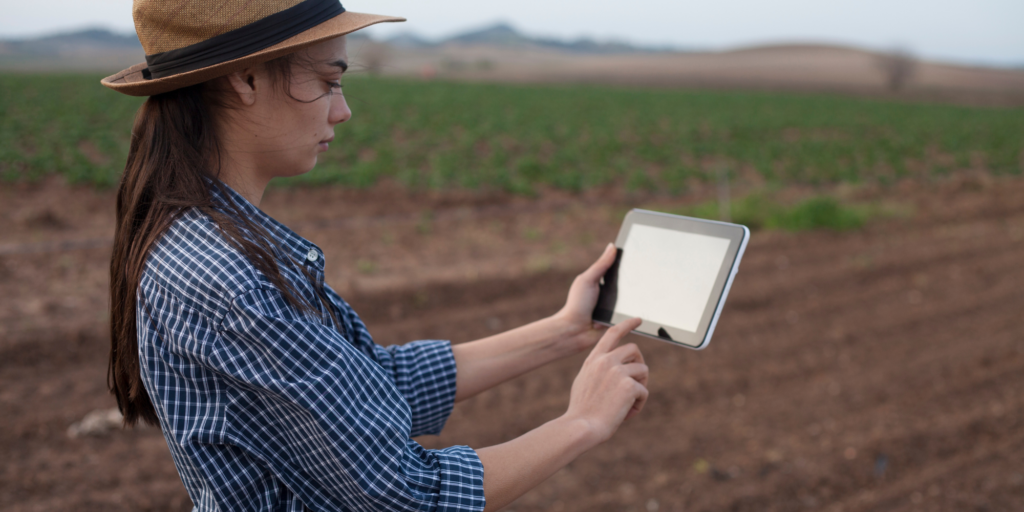Data is the Old Soil
Synopsis
The EU’s new sustainability regulations are in the works, with data collection and monitoring being a key theme. While farmers have valid concerns about the use of their data, it’s critical to adhere to the regulations to maintain compliance. Analogous to the importance of soil in agriculture, data is the foundation of your digital farm, and taking care of it can help you make informed decisions.
Regulations related to sustainability are very recent, and many are under development. The EU Green Deal that kicked off much of the new regulatory work was only approved in 2019, and its impact will see several existing laws on emission limits and labor rights either being revised, replaced, or extended by stricter, more holistic sustainability regulations. Read this article where we talk about the various regulations the EU is in the process of putting into law.
Each member state is free to adapt in accordance with its local requirements while also conforming to the targets set forth by the EU. Hence, it would be good for farmers to be aware of the changes coming down the line, even if they do not impact farm operations today.
What’s the big deal with data?
Data collection and monitoring is a cross-cutting theme through the proposed legislation and policies. This means enforcement by Member States will increasingly rely on checking the records of farmers on both environmental matters, such as the use of pesticides and fertilizers, and on social matters, such as working conditions and working hours.
Data has been a much-maligned word in agriculture. Farmers have some very relevant concerns when it comes to their farm data, such as:
- Who has access to their data?
- How will it be used?
- Can it be used against them in the future?
- Is the data secure?
- What about the privacy of the data?
- Who is the data being shared with?
- Will it be public? Can other farms see my information?
In addition to concerns, there is also the topic of mindset. Agriculture is a very traditional industry in general, which means many of the current practices have been in existence for decades, if not centuries. We often hear farmers say,
- It’s too much of a burden to enter all the relevant data into a system. My notebook serves me fine.
- I don’t have the resources, time or technical skills needed to collect and analyse data to fully use it in operations.
- I don’t use these software tools on a daily basis, so I don’t see the need them.
- I don’t know much about the new regulations being planned nor the exact relevance of digital data. I have other things to focus on.
- Business profitability is top of mind, so anything that doesn’t show me a direct link to the top or bottom line is not a priority for me.
An analogy I like to think of in this case is the importance of soil in agriculture.

Data is the old soil
Why do I say data is the old soil and not “new soil” or “new oil”?
Firstly, because soil is nothing new. It’s been second nature to farmers from the start. Soil is critical to agriculture as it is the foundation of all terrestrial life, providing essential ecosystem services such as food production, water regulation, and carbon sequestration. Be it nutrient supply, water retention, root support, biodiversity, climate regulation, the list goes on. Healthy soil is able to perform all its functions effectively.
Soil is the foundation of the physical farm.
Secondly, the oft-used adage of “Data is the New Oil” doesn’t really apply to farming, in my opinion. Farming has been around for centuries, long before oil was even discovered. It’s a way of life that can continue, even without oil. Sure, it might be a lot tougher, but farming can still be done without it. That’s why we need to look at data in a way that makes sense for farming and the people who do it.
Soil has been integral to farming from Day One, and will continue whether we farm horizontally or vertically. Hence, the connection between soil and data is a lot more organic than what many believe.
Data is the foundation of your digital farm.
Data is like the old trusty soil on your farm. Just like how soil has always been there to help grow your crops and keep everything healthy, data can help you do the same thing for your digital farm. And just like how healthy soil is important for keeping plants healthy and strong, using good data can help you make smart decisions for your farm. With the right tools, nourishing and taking care of your data takes a fraction of the time and effort of taking care of your soil. Think of data as a tool to help you take care of your farm, just like how you take care of your soil. It’s just one more way to help your farm thrive!

So what does that mean for you as a farmer?
Precision farming is considered by the EU to be a key enabler towards more sustainable farming practices and for reducing the use of chemicals, and could unlock additional funding for farmers in the future.
The Farm to Fork strategy sets out the EU’s ambitions for the agricultural sector. However, translating the strategy into legislation is slow; most of the legislation is yet to be approved, and some are still in the strategy or planning phase.
However, the message is clear – the juggernaut is rolling, and you can either join in and get ahead of the curve, or be left behind in its wake.
How the EU Green Deal is implemented in each member state remains to be seen.
Some member states may have more advanced plans in place and may be able to align these plans with the EU Green Deal more easily. Others may need to develop new policies and strategies to meet the requirements of the EU Green Deal.
We are committed to following the changes as they unfold and updating you as to what that means for your farm.
(Coming soon: the most relevant regulation for EU farmers – Sustainable use of pesticides regulation proposal (SUR).)

